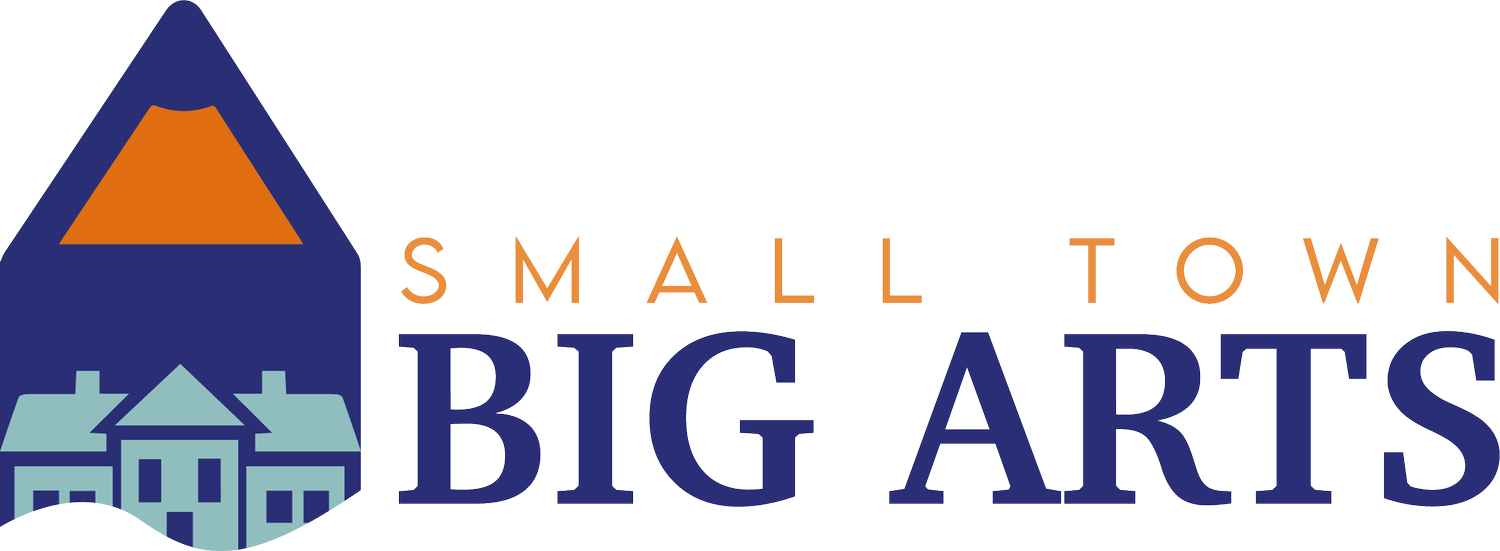Give yourself grace. This is really hard.
I have recently incorporated a new routine into my daily life: reading a short passage of advice from the book 'The Daily Stoic' each morning. This book draws wisdom from the ancient practice of stoicism, which was prevalent in Greece and Rome during the 4th and 3rd centuries BC. This new habit has proven to be quite helpful, especially considering the nature of my work in the non-profit arts sector. The fundamental philosophy behind stoicism is that while we have no control over what happens to us, we can always control how we respond. It involves acknowledging that we exist in a world we cannot change, but we can adapt ourselves and our approach to navigate the circumstances beyond our control.
The non-profit approach to the arts in America poses inherent challenges in terms of sustainability and comfort for those leading these institutions within our communities. These organizations, which deliver artistic experiences to the community, rely on support from the private and/or the public sector, contradicting the dominant cultural and economic principles of the American free market. Consequently, bridging the gaps and compensating for the shortcomings of the arts in the free market remains an ongoing struggle. At the Academy Center of the Arts, approximately 60% of our revenue is earned through customer payments for services such as performances, classes, and facility usage. However, the true value and cost of these offerings often exceed what customers are willing or able to pay. Additionally, 40% of our revenue comes from charitable sources, primarily supporting efforts that prioritize community accessibility rather than commercial success. While there may be alignment between philanthropic goals and commercial needs at times, it's not usually the case, resulting in a portion of the budget that often remains unbalanced despite charitable contributions. As leaders, we find ourselves caught between the forces of the consumer-driven American free market and the philanthropic goals of equity, access, and affordability that drive non-profit fundraising. This tug of war between business models presents various difficulties that are beyond our control.
Knowing this, we continually juggle and adapt to maintain a balanced budget and keep our heads above water. In Small Town Big Arts’ Episode 10 of Season 1, Cyrus Pace at the Jefferson Center in Roanoke, VA (pop 98,865) discusses how many of us feel immense pressure to come up with a brilliant idea and business model that will alleviate the constant juggling and contorting. However, the reality is that these issues surpass any individual or organization. I believe that acknowledging this reality and drawing inspiration from the stoics can lead to better mental health and grant us the grace to persevere against the daily challenges we face.
I am not suggesting giving up; instead, it is important to make decisions with the knowledge that no matter how brilliant we may be, without a massive endowment or a level of benefactors that far exceeds the national average for our population size, this job is one of struggle. Lately, I have been imagining my job as holding up a massive rock. It isn't about changing this unchangeable rock; it is about holding it up as long as I can and doing the best I can to pass it off to someone else before it hits the ground, even if I am passing it off momentarily. Even better, I try to get it as high over my head as possible before my time is up. With all that said, it will remain a heavy rock, and that can't be changed. Gravity will be pulling it down, and at some point, someone else, with fresh arms, will need to take over. If not, it will crush me and ultimately destroy the organization's ability to deliver the arts to our community. I take pride in having the strength to hold it up for as long as I can but I also know that I will have to pass it off and that’s okay.
Another good metaphor for arts leadership is the myth of Sisyphus. Cyrus recently shared a breakthrough he had in his mindset. He essentially realized that he can't change the circumstances of art delivery in America. He is pushing a rock up a hill each year, and as he moves through each cycle, it will inevitably want to roll back down. When things roll or fall down, he must accept that he has to push them back up, and this will not change. There is no end to the cycle, and there is no shame in the rock rolling back down. The circumstances of arts delivery in America are unchangeable for him as an individual. It is like gravity. At the same time, pushing the rock back up is important. It can't sit idle at the bottom of the hill. If it does, those in Roanoke who benefit from the arts will lose something so very important to their quality of life. We must accept that the rock rolls down, and we must accept that it has to be pushed back up. There is no shame in this.
So, be kind to yourself. I have shared examples on the site and through the podcast of small-town success stories. However, don't be misled. Each of these individuals is struggling in their own way. They are just holding the rock a bit higher or have managed to push the rock higher up the hill. Gravity is still pushing down on them, and their success and heroism are acts of endurance, but they have not solved the larger problems. So, as you continue the work, focus on one moment at a time and solve today's problems for your community and organization. Just work on lifting the rock a bit higher and try to push the boulder a bit further up the hill with each day. And don't feel like a failure when gravity inevitably shows up, because it will and it does for everyone.

